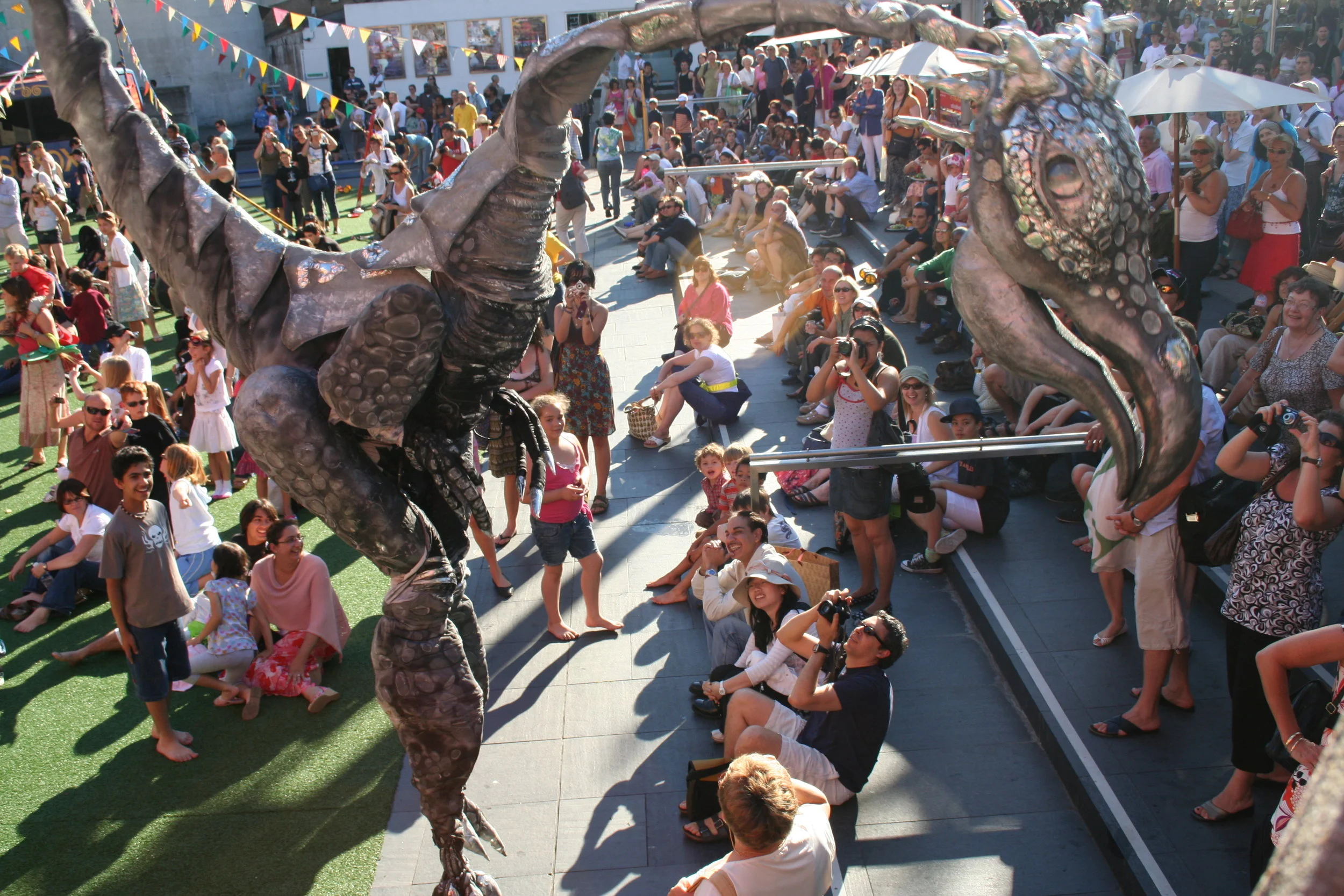Biotexel’s Genomic Medicine 2017 Conference
/Cutting edge science took centre stage at Biotexel’s Genomic Medicine 2017 conference, which was held in Cambridge last week [26th & 27th September] bringing together leading minds from groundbreaking genomic studies and commercial genomic medicine companies.
The two day event, held at the University of Cambridge’s Murray Edwards College, boasted such prestigious speakers as Prof. Carlos Caldos, Prof. Eamonn Maher & Dr Lucy Raymond. Talks focused on emerging methods in genomics, the challenges of large cohort studies, and the new progress towards treating & understanding various cancers, as well as the relative benefits of whole exome sequencing versus whole genome sequencing.
Impact of Genomic Medicine on the Patient Odyssey
Dr. Lucy Raymond, Professor of Medical Genetics and Neurodevelopment at Cambridge University, spoke about the impact of genomic medicine on the patient odyssey, commenting: “In clinical practice, diagnosis is still too slow. We have come a long way. It wasn’t long ago that we were using PCR’s and Sanger Sequencing. The length of time needed has come down drastically but it needs to come down more. Diagnostic yields may still not be as high as we’d like but every success saves costs for the NHS, stress for the parents and, ideally, the life of a child.”
Two other speakers who captured the imaginations of the attendees were, firstly, Dr. Manju Kurian of Great Ormond Street Hospital, who spoke about personalised medicine approaches to childhood neurological disorder, and secondly, Dr. Carlos Caldas, Director of Cambridge Breast Cancer Research Unit, who talked about the progress that his clinic has been able to make by providing genomic profiling.
The Mutational Landscape of Cancer Genomics
Breast cancer in particular was a disease that informed a lot of the talks and debates, with Serena Nik-Zainal of the University of Cambridge and the Sanger Institute, speaking about her lab’s ongoing work to exploit the mutational landscape of cancer genomes for clinical applications.
She said: “The central dogma in a lot of cancer research has been finding the driver mutations. But in cancer things are always mutating, even in health, the human body is always mutating, its natural. We are constantly identifying mutational signatures. Unfortunately we are finding that no two patients have the same drivers and no two tumours have the same signatures.”
“We have been using whole genome sequencing to profile and analyse women with breast cancer and it has been big data that is leading to breakthroughs. We are fine tuning genomic precision medicine.” She added.
The event was a great success with delegates not only fascinated by all of the speakers but with much left to debate at the various networking events.
Dr. James Hadfield, Head of Genomics at Cancer Research UK Cambridge Institute, summed up everyone’s feelings when he said: “We have heard a lot about the great impact what we all do is having on people’s lives and as technology and research move on we will have even more of an impact. Knowing this certainly makes it easy to get out of bed each morning.”
